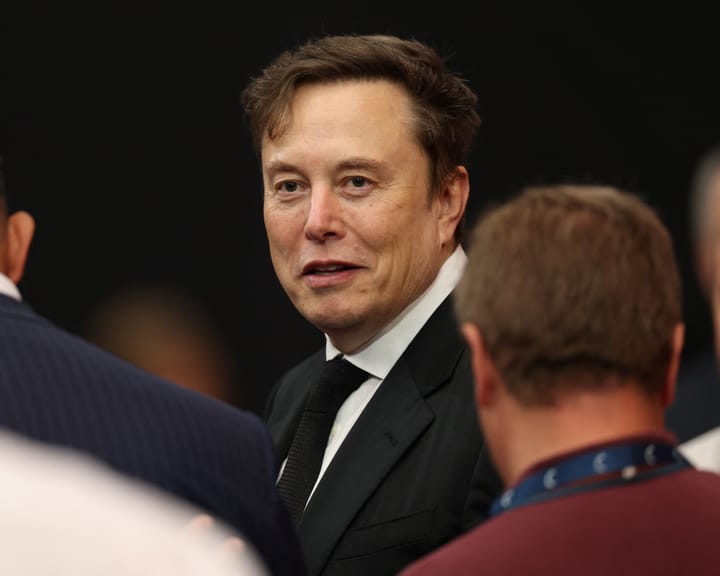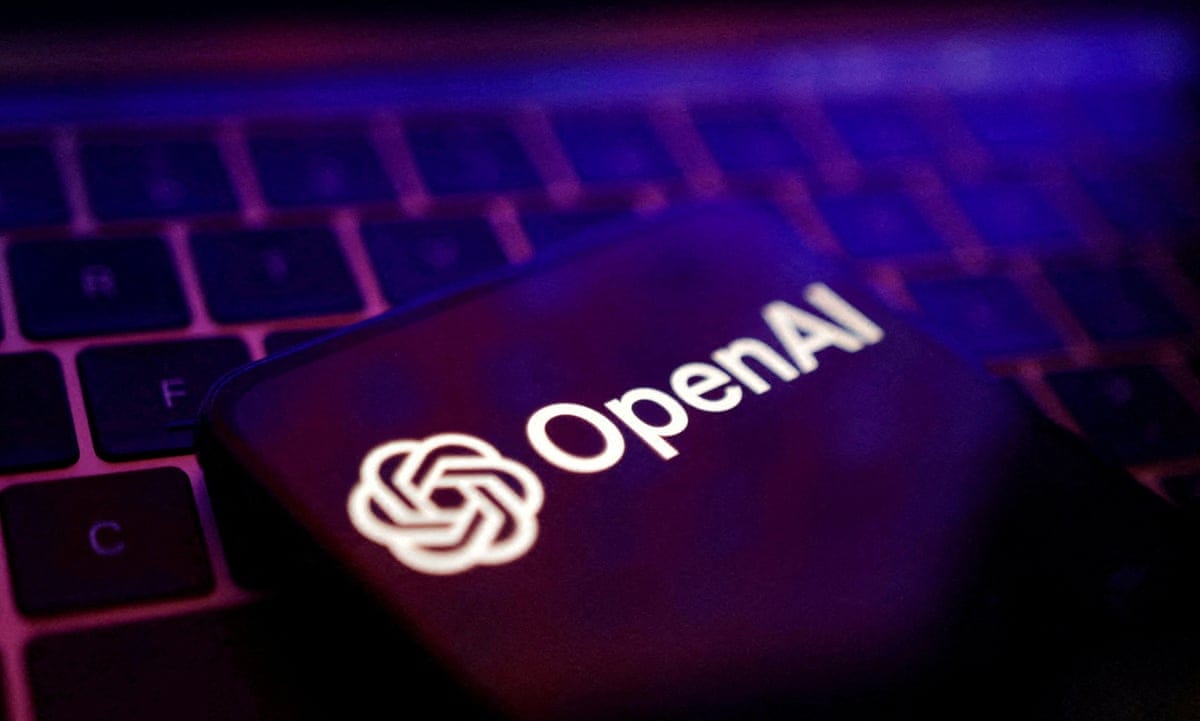Microsoft has ended its observer seat on OpenAI's board, while Apple will no longer appoint executives in a similar capacity amid regulatory examination of major tech firms' interactions with AI startups. This change was communicated by Microsoft to the ChatGPT developer and reported by the Financial Times.
As an early investor in OpenAI, Microsoft acknowledged significant progress on the part of the new board after the leadership shuffle last year that included the reappointment of CEO Sam Altman. Despite this advancement and commitments to safety and company culture, Microsoft decided that its observer role was no longer needed.
The move appears influenced by concerns over competition regulation from bodies like the UK's Competition and Markets Authority and the US Federal Trade Commission, which are reviewing OpenAI's partnership with Microsoft for potential control issues. The European Commission is examining certain clauses in their agreement but not conducting a formal merger investigation.
OpenAI plans to engage stakeholders through regular meetings without appointing board observers. Previously, it was reported that Apple intended to place Phil Schiller from its app store division on OpenAI's board, which now seems unlikely with the recent changes by Microsoft.
The scrutiny of AI startups and their relationships with tech giants is increasing, as seen in FTC's examination of partnerships between Anthropic, Google, Amazon, among others. Legal expert Alex Haffner from Fladgate suggests that the regulatory focus on big tech’s involvement in AI may have influenced Microsoft's decision to withdraw its observer seat.
Read next

"AirPods Pro 3 reviewed: Upgraded battery, superior noise cancellation, top-tier performance"
Apple’s widely used AirPods Pro wireless earbuds have returned for their third iteration, offering improvements in comfort, battery performance, integrated heart rate tracking, and enhanced noise cancellation. The new model appears poised to be as prevalent as earlier versions.
Three years have passed since the previous release, yet the

"Peter Thiel's secret talks on antichrist shed more light on him than doomsday"
Peter Thiel’s Unusual Academic Pursuits
Peter Thiel is known for his skepticism toward academia. Yet, in four recent private lectures in San Francisco discussing the antichrist, the billionaire investor has made an unexpected case for intellectual credentials.
During these wide-ranging talks, Thiel appeared to channel the eclectic thinking he

"X resolves $128M severance dispute with former Twitter executives"
# Elon Musk and X Reach Settlement with Former Twitter Executives Over Severance Dispute
Elon Musk and X have resolved a legal dispute with four former high-ranking executives of Twitter, including the company’s ex-CEO, who alleged that the billionaire withheld $128 million in severance payments after acquiring the social media

